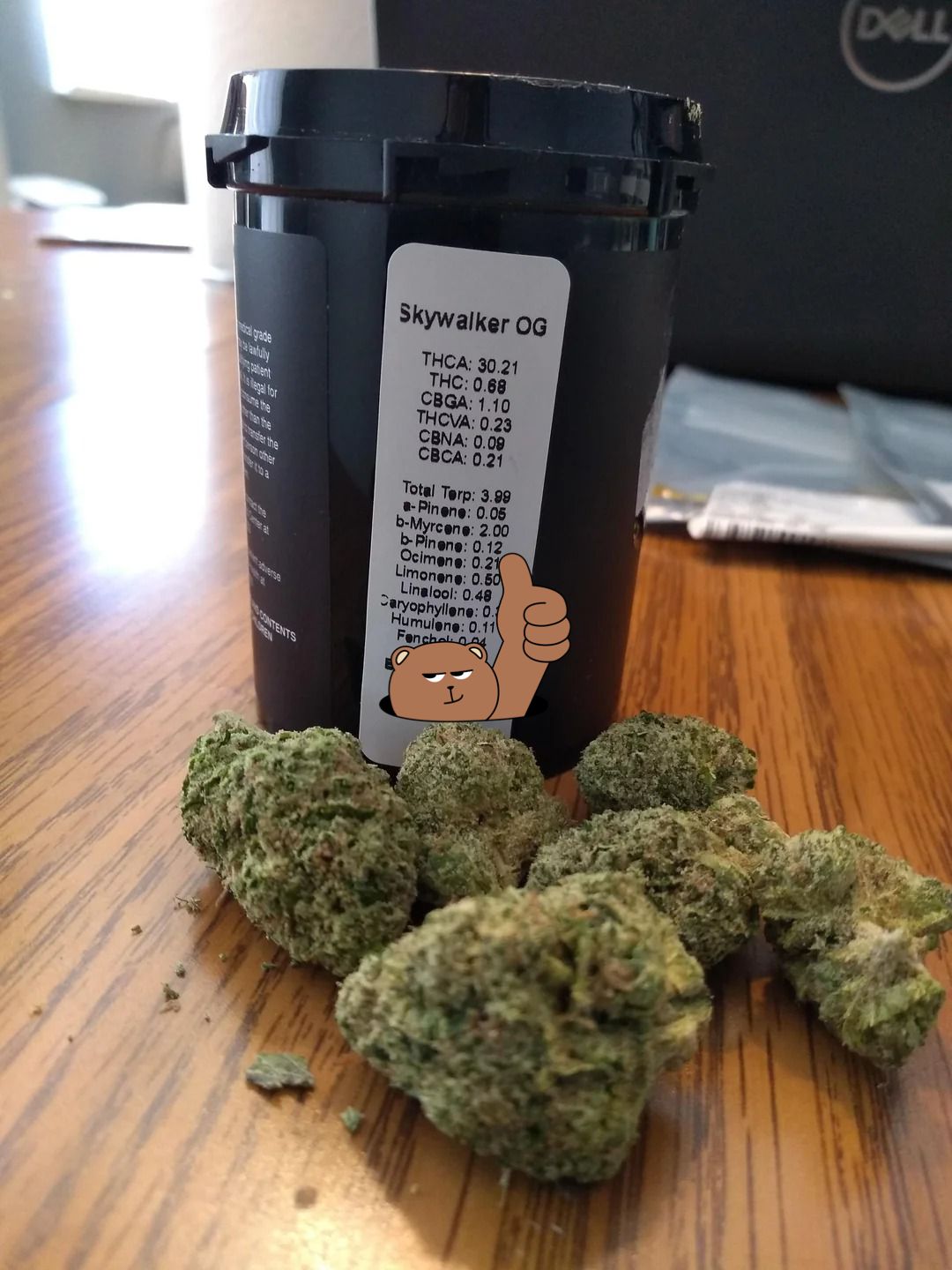Welcome to Girona: a clear, no-drama guide to cannabis in Catalonia

Girona feels like a storybook city—stone walls, medieval lanes, and that “slow travel” energy that makes you want long coffees and longer walks. It’s also close enough to Barcelona (and the Costa Brava) that visitors sometimes assume Girona shares the same “cannabis club tourism” reputation they’ve heard about online on weed in Girona.
Here’s the reality: Spain does not have legal recreational cannabis sales, and in Catalonia (including Girona), cannabis sits in a legal grey zone that confuses even locals. Private use is treated very differently from public possession, and “social clubs” exist—but they’ve faced court setbacks and increasing enforcement pressure, especially around anything that looks like tourism or distribution. (CMS Law)
This guide explains what matters most for travelers and residents: what’s legal vs. illegal, why clubs are controversial, how fines work in public spaces, and how to enjoy Girona without turning your trip into a legal problem.
Girona in context: why cannabis questions come up here
Girona is the capital of the Girona province in Catalonia and a popular base for day trips into the Costa Brava region. Its tourism is more about culture, food, cycling, and scenery than nightlife. That matters because the biggest cannabis-related issues in Spain tend to flare up where tourism, “club” marketing, and public consumption collide.
In Girona, the safest assumption is: cannabis is not a tourist product, and anything that feels like a tourist product is exactly what authorities have been trying to curb in Catalonia. (El País)
Spain’s core rule: private vs. public is everything
Spain is often described as “tolerant,” but it’s more accurate to say: Spain draws a hard line between private space and public space.
- Private adult consumption (at home, out of view, not impacting others) sits in a more tolerated/legal-vacuum area in many summaries. (Wikipedia)
- Public possession and public consumption are treated as serious administrative offenses and can trigger confiscation and substantial fines. (Cannactiva)
- Sale, trafficking, and supply are criminal offenses under the Spanish Criminal Code. (CMS Law)
That’s the spine of the whole topic in Girona: even if people privately use cannabis, stepping into public space with cannabis is where most visitors get burned.
Public consumption and fines: what travelers in Girona should know
Spain’s Organic Law 4/2015 (often nicknamed the “Citizen Security” or “Gag Law”) is frequently cited for public possession/consumption consequences. Summaries of this law describe public possession or consumption of drugs (including cannabis with THC) as a serious administrative offense with fines commonly described in the €601–€30,000 range, depending on circumstances. (Cannactiva)
A few practical Girona-specific implications:
- Parks, streets, beaches, plazas, and transport areas count as public spaces.
- Some travelers assume hotel balconies are “private.” In enforcement terms, if it’s visible or functions like a shared/public setting, it can still bring consequences. (Wikipedia)
- The most common tourist mistake is thinking “small amount” means “no issue.” Public is public.
If you want your Girona trip to stay calm, the simplest rule is: don’t carry or use THC cannabis in public.
“Cannabis social clubs” in Catalonia: why they exist and why they’re controversial
Cannabis social clubs (CSCs) are private associations that grew in Spain using constitutional rights of association and privacy, aiming to keep cannabis consumption away from street markets and public use. Older research explains how clubs often relied on a “collective cultivation for members” model and strict membership logic (adult, non-profit association, meant for regular users rather than casual tourists). (TNI)
But here’s the critical update for Catalonia:
- Catalonia passed a law intended to regulate cannabis consumer associations (often referenced as Catalan Law 12/2017).
- Spain’s Constitutional Court declared that law unconstitutional and invalid (officially announced in a Constitutional Court press release). (Constitutional Court)
- Courts and city authorities have since treated many “club” activities—especially anything resembling supply/distribution—as legally risky, and enforcement has intensified in recent years. (EL PAÍS English)
So while clubs still exist, they operate under legal uncertainty, and the climate has tightened around “cannabis tourism” dynamics in Catalonia. (The Local Spain)
Girona and clubs: what to assume (without myths)
You may see online maps, blog posts, or influencer videos suggesting clubs are a simple tourist option. Treat that content carefully.
What reputable reporting and legal commentary emphasize is:
- Club legality is not a clean, guaranteed protection—especially when clubs behave like retail outlets or target tourists. (CannaReporter)
- Authorities have increased closures and enforcement actions in Catalonia, with Barcelona being the most visible battleground—but the broader message affects the whole region. (El País)
- Spain’s criminal law still applies when activity is seen as facilitating illegal consumption or supply (a key point in professional legal roadmaps). (CMS Law)
Traveler takeaway in Girona: if something looks like a tourist-friendly “weed shop,” it’s the kind of operation most likely to be targeted—and it’s the kind most likely to leave you with problems, not memories.
Medical cannabis in Spain: not the same as recreational
Spain’s medical cannabis situation is often misunderstood because the country is widely “tolerant” socially, yet does not run a nationwide recreational market. Professional legal guides still emphasize that recreational production/import/sale is prohibited, and cultivation becomes criminal when it promotes or facilitates illegal consumption. (CMS Law)
In practice, don’t assume you can solve a recreational question by calling it “medical.” Spain’s framework is not the same as countries with clear dispensary access for patients or tourists.
If you rely on cannabinoids medically, the safe approach is to travel with whatever is lawfully permitted for you and keep documentation—rather than trying to “figure it out” locally.
What’s actually risky in Girona: the three situations that cause most trouble
Most cannabis travel horror stories in Spain are not about someone quietly existing. They come from these scenarios:
- Public possession or smoking (fines + confiscation + police interaction) (Cannactiva)
- Street purchasing (criminal networks, scams, and legal risk tied to supply) (CMS Law)
- Tourist-targeted “club” experiences that blur into retail behavior and get shut down (leaving visitors exposed) (El País)
If you avoid those, your risk drops dramatically.
Legal, low-stress alternatives for the “weed feeling” in Girona
A lot of people aren’t chasing cannabis—they’re chasing a feeling: calm, creativity, appetite, sleep, social ease. Girona is a city where you can build that feeling without legal baggage.
- Walk the old city slowly: morning light, quiet streets, the kind of pace that naturally lowers stress
- Food-focused evenings: Girona’s strength is eating well—make that your ritual
- Cycling and nature day trips: the region is famous for it; movement + daylight is a powerful mood stabilizer
- Wellness substitutes: sauna/spa options (if you find them), massage, long baths, hydration, and early nights
If you’re building location pages for a travel site, this section matters: it gives readers a satisfying “what to do instead” that actually fits Girona.
If you’re stopped by police: stay calm and don’t improvise
This is not legal advice, but good travel instincts apply:
- Stay respectful and calm
- Don’t argue on the street
- Keep your hands visible and follow instructions
- If you don’t speak Spanish/Catalan, ask for simple clarification
- If anything escalates, seek proper legal assistance
The best plan is still prevention: don’t be carrying cannabis in public.
FAQs: Weed in Girona
Is weed legal in Girona?
Spain does not have legal recreational cannabis sales. Private adult use has a more tolerated/grey status in many summaries, but public possession/consumption can trigger serious administrative fines, and supply/trafficking is criminal. (CMS Law)
Can I smoke in public in Girona if I’m discreet?
Public possession/consumption is treated as a serious administrative offense under widely cited interpretations of Organic Law 4/2015, with fines often described in the €601–€30,000 range depending on circumstances. (Cannactiva)
Are cannabis clubs in Catalonia “fully legal”?
They operate in a legally uncertain space. Catalonia’s attempt to formally regulate cannabis consumer associations was struck down by Spain’s Constitutional Court, and enforcement pressure has increased—especially around cannabis tourism. (Constitutional Court)
Is it safe for tourists to treat clubs like dispensaries?
No. Reporting and legal commentary emphasize crackdowns and closures related to clubs behaving like retail outlets or promoting tourism-focused access. (The Local Spain)
What happens if you’re caught with cannabis in a public place?
Expect confiscation and the possibility of an administrative sanction; legal summaries frequently cite Organic Law 4/2015 in this context and describe substantial fine ranges. (Cannactiva)
Is CBD legal in Spain?
CBD/hemp rules are separate from THC cannabis and can still be tricky (product standards, THC traces, labeling). The main point for travelers: don’t assume CBD visibility equals THC tolerance. (Always buy from reputable sources.)
Can I buy weed legally in Girona?
There is no legal recreational retail market. Buying/selling falls into high-risk territory, and Spain criminalizes activities that facilitate illegal consumption under the Criminal Code framework. (CMS Law)
What’s the safest way to enjoy Girona if you’re cannabis-curious?
Avoid public possession/consumption, skip street purchases, and focus on Girona’s strengths—food, walking, scenery, and slow evenings.
References
- Spain criminal framework on cultivation/supply facilitating illegal consumption (professional legal roadmap). (CMS Law)
- Constitutional Court: invalidation of Catalonia’s cannabis consumer association law (official press release). (Constitutional Court)
- Background on cannabis social clubs and their legal model (research/analysis). (TNI)
- Organic Law 4/2015 summaries describing public possession/consumption as serious administrative offense and fine ranges. (Cannactiva)
- Recent reporting on Catalonia/Barcelona enforcement and closures linked to cannabis clubs and tourism pressures. (The Local Spain)

Skywalker product exceeded my expectations in both potency and purity, I really appreciated the discretion and professionalism in the delivery process , you can reach to him on Telegram t.me/skywalkerOG_1 and also there email realskywalkerog1@gmail.com
“Man, that skywalker OG you gave me last night was fire. Smoothest smoke I’ve had in months.”

Great service, easy to work with and I’m very satisfied. I’m so happy I found skywalker here. He is super responsive, on time and the quality of weed he sells are serious on point and top notch.